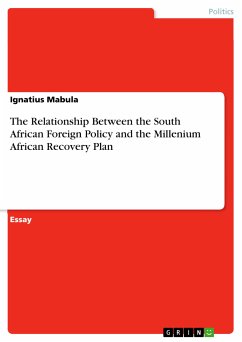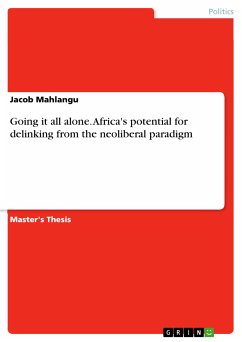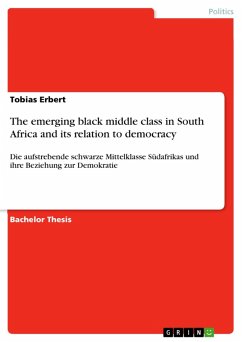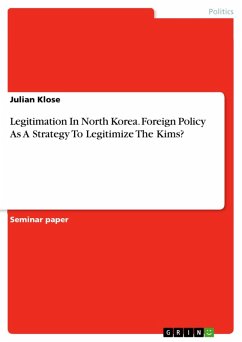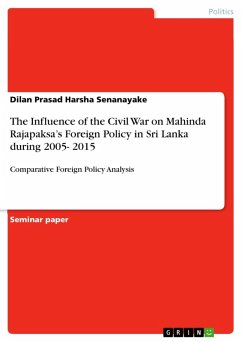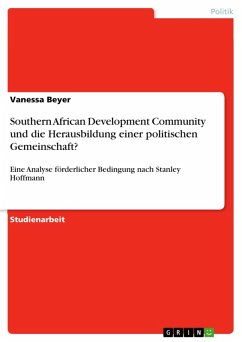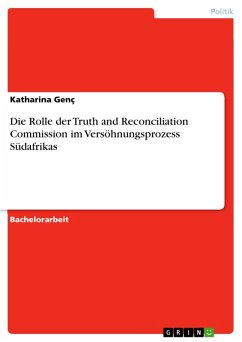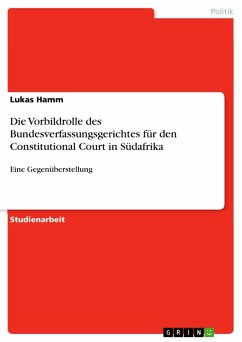Essay from the year 2013 in the subject Politics - Region: Africa, , course: International Relations, language: English, abstract: The relationship between South Africa and MAP emanates from South Africa's Foreign policy which advanced: Promotion of justice, democracy and human rights as well as prosperity and security achieved through economic development. South Africa's philosophy of African Renaissance directed at rejuvenating and renewing Africa transforms the continent into an arena of peace, security and stability, was blended into MAP. Economically, South Africa's adoption of neo-liberal policies in MAP were encouraged by South Africa's incorporation of neo-liberal visions in MAP and have been influenced by the country's adoption of Growth, Equity and Redistribution (GEAR) in 1996. GEAR became the macro-economic framework for all policies of the government whose aim was to make South Africa the preferred destination for Foreign Direct Investment (FDI) as well as allowing the country to occupy a comfortable position in the rapidly globalising world. However, MAP has been grappling with numerous challenges and its dependency underpinning. These challenges include structural, endogenous and exogenous factors which continue to constrain Africa's endeavours. This paper focuses on the relationship between South African foreign policy and MAP. The paper explores foundations and the evolution of South African foreign policy dating back to the apartheid foreign policy which has been perceived as pariah to the current democratic foreign policy of a middle power operating along multilateral avenues and being perceived as a pivot. Throughout the paper, the reader is afforded the opportunity to witness the operationalization of the South African foreign policy objectives; the African Renaissance, and the Millennium African Recovery Plan (MAP), which are the cornerstones of the relationship between South Africa and MAP. South Africa remains one of the progenitors of MAP which worked assiduously to promote and implement the plan throughout the continent. It is therefore imperative to scrutinise the relationship between the two.
Dieser Download kann aus rechtlichen Gründen nur mit Rechnungsadresse in A, B, BG, CY, CZ, D, DK, EW, E, FIN, F, GR, HR, H, IRL, I, LT, L, LR, M, NL, PL, P, R, S, SLO, SK ausgeliefert werden.

